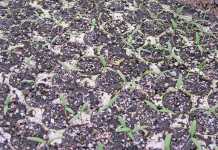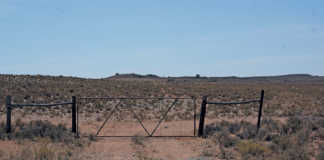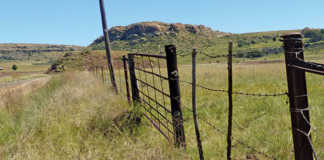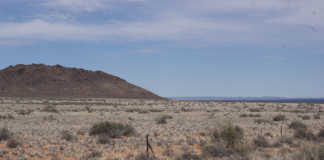I first heard about it when Grain SA Exco member and Wesselsbron maize producer Chris Schoonwinkel raised the matter at the recent Grain SA congress. After the congress I phoned around to find out more about this phenomenon – and what I found out scared me.
‘Flash trading’ is described as a “controversial computerised trading practice offered by some stock exchanges” at investopedia.com. It apparently uses highly sophisticated high-speed computer technology to allow traders to view orders from other market participants fractions of a second before others in the marketplace.
This gives flash traders the advantage of being able to gauge supply and demand and recognise movements in market sentiment before other traders. The scary thing is that literally hundreds of thousands of computerised transactions are done in milliseconds, distorting the market in a big way. That’s what happened when the March 2012 maize price unexpectedly fell by R700.
Chris’ research has shown that mainly financial companies engage in these sorts of transactions, although some local agribusiness officials have also tried their hand at the game. The trader made money for his company for sure, but cost the company a lot of goodwill in the process. Which shows you the human element is needed, even in the world of business.
It seems as is there already are some financial companies in South Africa going in for flash trading in a big way. It looks like they don’t give a damn what happens to the mealie price, said Chris. A computer can’t read the signs and it can’t develop a gut feel for the markets. As Chris puts it, the stock exchange is nothing but an auction pen where bidding takes place. What happens with flash trading is that one bid is, for example, closed at say R2 000 and next at R10.
Given the relatively small size of the SA grain market, a skewed and disrupted market poses a serious threat to the profitability of grain production and even the long term survival of the industry.
Our grain markets simply can’t afford huge price ups and downs.
It’ll be a sad day indeed when traders decide to follow the flash trading route on a large scale. That’s why it’s vitally important that practices such as these are regulated as it’s done in Europe. Flash traders are taxed on all transactions and are compelled to stay in the market for longer periods.











